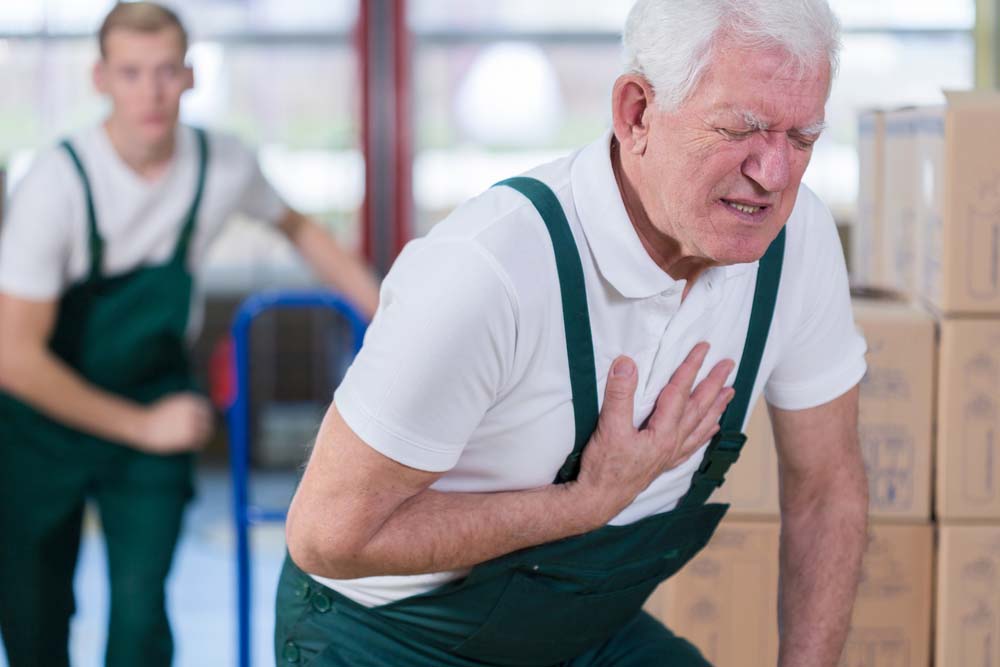4. Chest Pain

Chest pain in GPA is often associated with lung involvement, which is relatively common in GPA. One of the lung-related complications of GPA is pleuritis, which is the inflammation of the pleura, the membranes surrounding the lungs. Inflammation in the pleura can cause chest pain, typically described as a stabbing pain that worsens with deep breaths or coughing.
GPA can also lead to the formation of granulomas in the lungs, which are small clusters of immune cells. These granulomas can cause chest discomfort or pain, especially if they grow large or press on nearby structures. In some cases, the inflammation and damage to lung blood vessels can lead to bleeding within the lung tissue. This bleeding can result in chest pain, especially if it is significant.
The immune system’s dysfunction in GPA can make individuals more susceptible to lung infections. A lung infection can cause chest pain and other respiratory symptoms.
